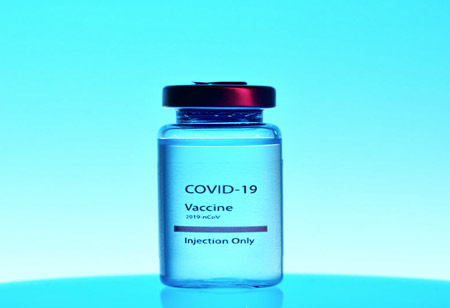Plastic surgery can enhance physical appearance and mental well-being but requires realistic expectations, psychological evaluation, and comprehensive aftercare. Collaborating with healthcare professionals maximizes benefits.
FREMONT CA: Plastic surgery has progressed beyond aesthetic enhancement, becoming a means to address physical imperfections that profoundly affect mental health. While the pursuit of beauty remains a significant motivator, many individuals seek these procedures to correct deformities, restore function, or alleviate psychological distress caused by body image concerns. The relationship between physical appearance and mental health is well-documented. Dissatisfaction with one’s body can result in low self-esteem, anxiety, depression, and social withdrawal. Plastic surgery offers a pathway to address these issues by altering physical features that contribute to emotional distress.
Enhancing Self-Esteem
Plastic surgery often improves mental health by enhancing self-esteem. Individuals who correct perceived flaws through surgery report renewed confidence and self-worth. This positive shift can foster better social interactions and an improved outlook on life.
Addressing Body Dysmorphic Disorder
Body dysmorphic disorder (BDD), a mental health condition characterized by an obsessive preoccupation with perceived physical flaws, presents unique challenges. While plastic surgery does not cure BDD, it may serve as a component of its management. By addressing specific concerns, individuals with BDD might experience reduced obsessive thoughts and behaviors, contributing to an enhanced quality of life.

